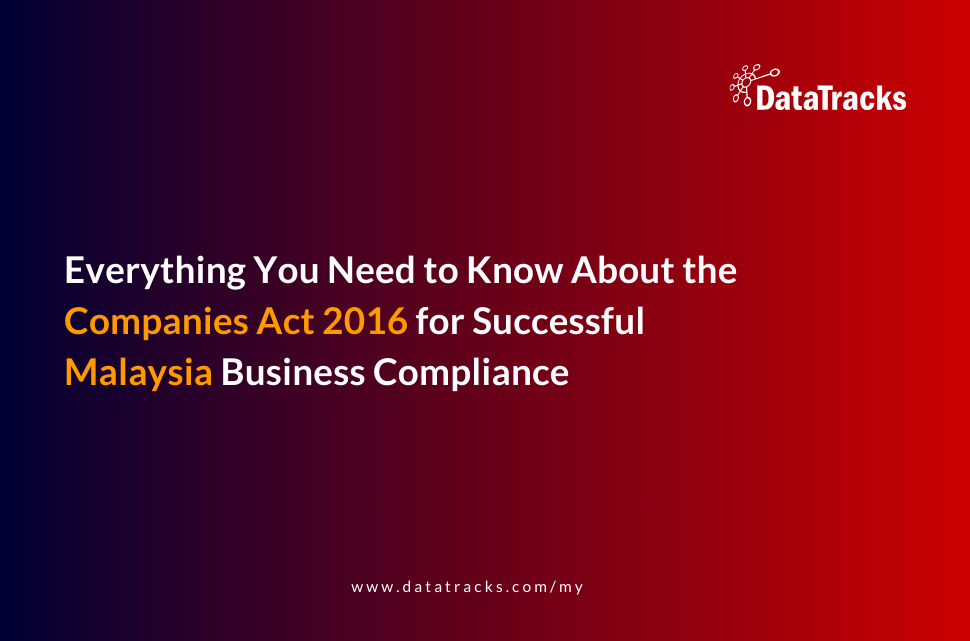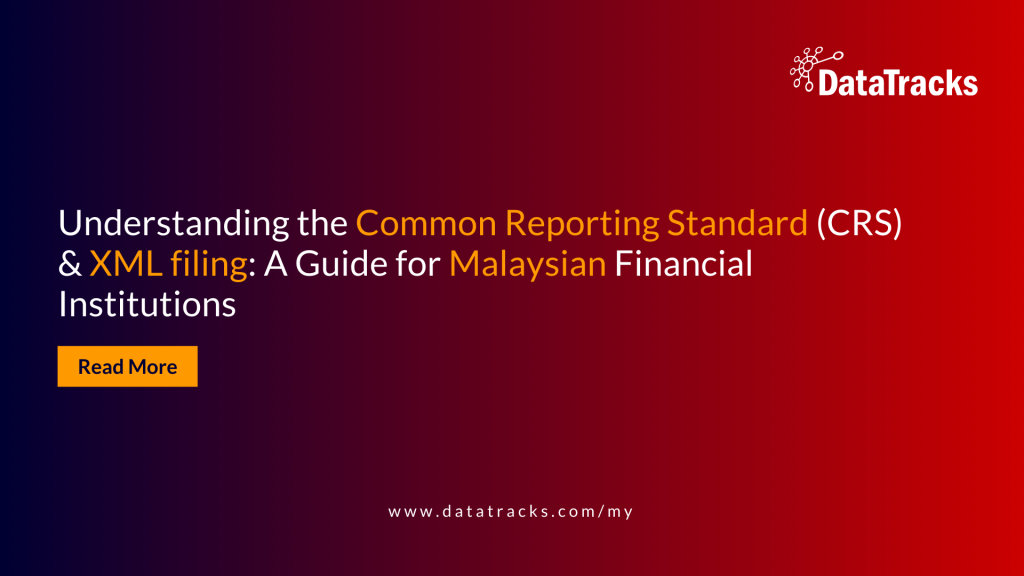New Audit Exemption Criteria for Private Companies in Malaysia
In a significant move to streamline corporate governance and reduce compliance burdens, the Companies Commission of Malaysia (SSM) recently introduced new criteria for financial statement audit exemptions for private companies.
These criteria, outlined in Practice Directive No. 10/2024, aim to balance policy requirements with corporate financial reporting responsibilities, benefiting small and medium enterprises (SMEs) across Malaysia.
Why the Change?
The new audit exemption criteria, effective for financial years beginning on 1 January 2025, align with SSM’s broader goals of:
- Improving the quality of financial statement audits.
- Reducing compliance costs for SMEs.
- Ensuring corporate governance practices remain efficient and transparent.
These updates reflect SSM’s commitment to maintaining a robust yet flexible regulatory environment that supports business growth while upholding financial accountability.
Stakeholder Consultation Process
Between February 2023 and June 2024, SSM engaged stakeholders through extensive consultations. An impressive 88% of respondents supported the new criteria, affirming the directive’s relevance and potential positive impact.
Eligibility Criteria: Private Firm Audit Exemption
To qualify for an audit exemption in Malaysia, a company must meet any two of the following three conditions:
- Annual Turnover: The company’s annual turnover must not exceed RM3,000,000 in the current financial year and the preceding two financial years.
- Total Assets: The company’s total assets must not exceed RM3,000,000 in the current financial year and the preceding two financial years.
- Number of Employees: The company must have no more than 30 employees at the end of the current financial year and the preceding two financial years.
Additionally, companies with dormant status since their establishment or those that were dormant during the current and preceding financial year are also eligible for an audit exemption.
Key Highlights of the New Criteria
Phased Implementation
To ensure a smooth transition, SSM has introduced the new criteria in three phases, with increasing thresholds over three years:
Phase 1 (2025) – Audit Exemption Criteria
- Financial statements beginning between 1 January 2025 and 31 December 2025.
- Submission begins 1 January 2026.
- Thresholds:
- Annual turnover and asset value: RM1,000,000.
- Number of employees: 10 people.
Phase 2 (2026) – Audit Exemption Criteria
- Financial statements beginning between 1 January 2026 and 31 December 2026.
- Submission begins 1 January 2027.
- Thresholds:
- Annual turnover and asset value: RM2,000,000.
- Number of employees: 20 people.
Phase 3 (2027) – Audit Exemption Criteria
- Financial statements beginning on or after 1 January 2027.
- Submission begins 1 January 2028.
- Thresholds:
- Annual turnover and asset value: RM3,000,000.
- Number of employees: 30 people.
In all phases, thresholds for the previous two financial years cannot exceed the maximum set for the applicable phase.
Effective Dates
- The new criteria apply to financial years beginning on 1 January 2025.
- The current criteria will remain valid for financial statements for periods beginning before 31st December’24.
Note: Practice Instruction No. 10/2024 can be accessed through SSM’s official portal, www.ssm.com.my.
How This Benefits SMEs
The new directive significantly reduces the compliance burden for private companies, particularly SMEs. By exempting eligible companies from mandatory audits, SSM ensures:
- Cost Savings: Lower compliance costs for small businesses.
- Efficiency: Streamlined corporate governance processes.
- Transparency: Clear criteria that simplify eligibility assessment.
Conclusion
SSM’s new audit exemption criteria mark a pivotal shift for private companies in Malaysia, offering significant benefits while promoting accountability. As businesses prepare for these changes, partnering with a reliable compliance SSM MBRS-XBRL solution provider in Malaysia is critical.
With DataTracks’ cutting-edge MBRS XBRL Tagging Service, you can streamline your compliance reporting process, reduce errors, and focus on growing your business.
Ready to file your annual financial statements (AFS) with the Malaysian Business Reporting System (MBRS) in XBRL format as per SSM Taxonomy (SSMxT)?
Contact DataTracks today!
FAQs on Private Firm Audit Exemption in Malaysia
What is the audit exemption for private firms in Malaysia?
Audit exemption allows eligible private firms to submit unaudited financial statements, reducing compliance costs and administrative burdens. This exemption is part of the phased implementation by SSM to support small and medium enterprises (SMEs).
What are the eligibility criteria for audit exemption?
To qualify, a company must meet any two of the following three conditions:
Annual Turnover: Not exceeding RM3,000,000 in the current and preceding two financial years.
Total Assets: Not exceeding RM3,000,000 in the current and preceding two financial years.
Number of Employees: No more than 30 employees at the end of the current and preceding two financial years.
Additionally, dormant companies (since incorporation or during the current and preceding financial year) are also eligible.
What is the phased implementation of audit exemption?
The audit exemption will be introduced in three phases from 2025 to 2027, with increasing thresholds for turnover, assets, and employees each year.
What happens if a company exceeds the criteria in any financial year?
If a company exceeds the set thresholds for two out of the three conditions in the current or preceding two financial years, it will not qualify for audit exemption. The company must undergo a statutory audit for the relevant period.
What are the effective dates for the new audit exemption criteria?
The new criteria apply to financial years beginning on or after 1 January 2025. Companies preparing financial statements for periods before 31 December 2024 will continue to follow the current criteria.
How does the audit exemption benefit private firms?
The exemption reduces compliance costs, allows faster submission of financial statements, and frees up resources for business growth, especially benefiting SMEs.
Can a dormant company apply for audit exemption?
Yes, dormant companies that have been inactive since incorporation or during the current and preceding financial year automatically qualify for audit exemption.
What should companies do to ensure compliance with audit exemption requirements?
Companies should regularly monitor their financial performance, maintain accurate records of turnover, assets, and employee count, and ensure they meet at least two out of the three conditions for the relevant financial years.
How can I apply for audit exemption?
Audit exemption is automatically granted if a company meets the eligibility criteria. No formal application is required, but the company must file unaudited financial statements with SSM.
Where can I find more information about audit exemption criteria?
You can visit the official SSM website or consult with a professional accountant for further guidance on audit exemption criteria and submission procedures.



